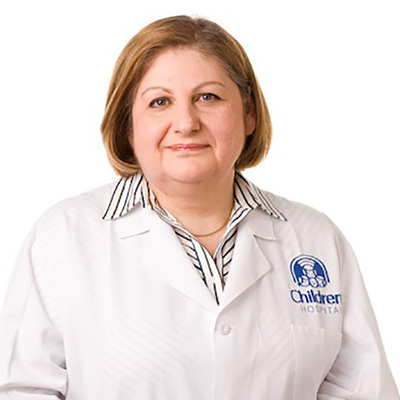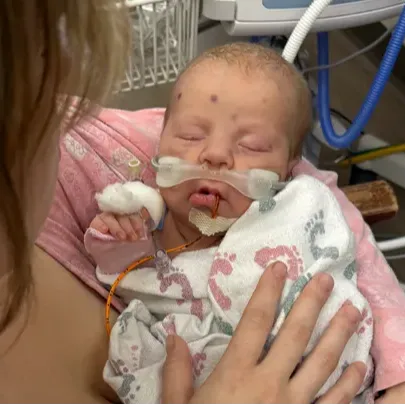About Us
We specialize in caring for children of all ages, focusing on pediatric hematology (blood disorders) and oncology (pediatric cancers). Children’s comprehensive Hematology and Oncology Program includes the Children’s Survivorship Clinic, dedicated to follow-up care for childhood cancer and bone marrow transplant survivors, ensuring their best quality of life with vigilant monitoring. Additionally, our Specialty Pediatric Infusion Center offers outpatient infusion therapy administered by trained nurses under the oversight of Advance Practice Providers, ensuring seamless communication and prompt medical attention.
Contact Us
Hematology & Oncology
Infusion Center
Phone:
Additional Information:
If your child requires infusion therapy services, such as blood/platelet transfusions, chemotherapy and IV hydration, make an appointment at the Infusion Center. The Infusion Center is open 7 days a week for outpatient infusion services.
Conditions We Treat
Our Hematology and Oncology teams are prepared to diagnose, treat and provide follow-up care for a wide range of childhood cancers and blood disorders, including:
Meet Our Providers
Children’s Hematology and Oncology Program is led by the state’s only pediatric hematologists and pediatric oncologists. They are nationally known experts with decades of clinical experience. Our providers are also involved in national and international research leading to some of the current cancer treatments being used around the world.






Treatments and Services
Children’s Nebraska Hematology and Oncology Program offers a comprehensive range of treatments, including chemotherapy and specialized infusion therapies such as blood transfusions and IV hydration, provided at our advanced Pediatric Infusion Center. Our expert team ensures each child receives personalized care to optimize their treatment outcomes and well-being.
Treatment differs from child-to-child. After a diagnosis, your doctor will create a tailored plan which may include:
Locations
Related Specialties
Infusion Center
Next Steps
Schedule a general appointment with Children’s Nebraska Hematology and Oncology program by calling 402.955.3950.
If your child requires infusion therapy services, such as blood/platelet transfusions, chemotherapy and IV hydration, make an appointment at the Infusion Center by calling 402.955.6799. The infusion center is open seven days a week for outpatient infusion services.
What Sets Us Apart
Pediatric-Focused
As nationally-known experts in childhood blood disorders and cancer, we offer leading-edge care to address your child’s individual needs. Our pediatric-focused providers, including pediatric oncologists, use a multidisciplinary team approach to provide comprehensive cancer and blood disorder care.
Comprehensive Care
We recognize a cancer or blood disorder diagnosis can impact more than just your child’s physical health. For instance, children may miss a lot of school and may have difficulty staying caught up. And while children tend to be very resilient in the face of serious diagnoses, taking care of their emotional health is just as important as taking care of their physical health.
Expert Team
We have social workers and child life specialists to help with everything from answering questions about insurance to coaching families on how to explain a diagnosis to siblings. Our Spiritual Care staff are also available 24/7 to patients and families of all faiths.
Awards and Honors
Our hospital is a member of the Children’s Oncology Group (COG), an organization dedicated to pediatric cancer research worldwide. As a member of COG, our physicians and staff participate in the latest research and treatment protocols, which lead to innovative treatments.




